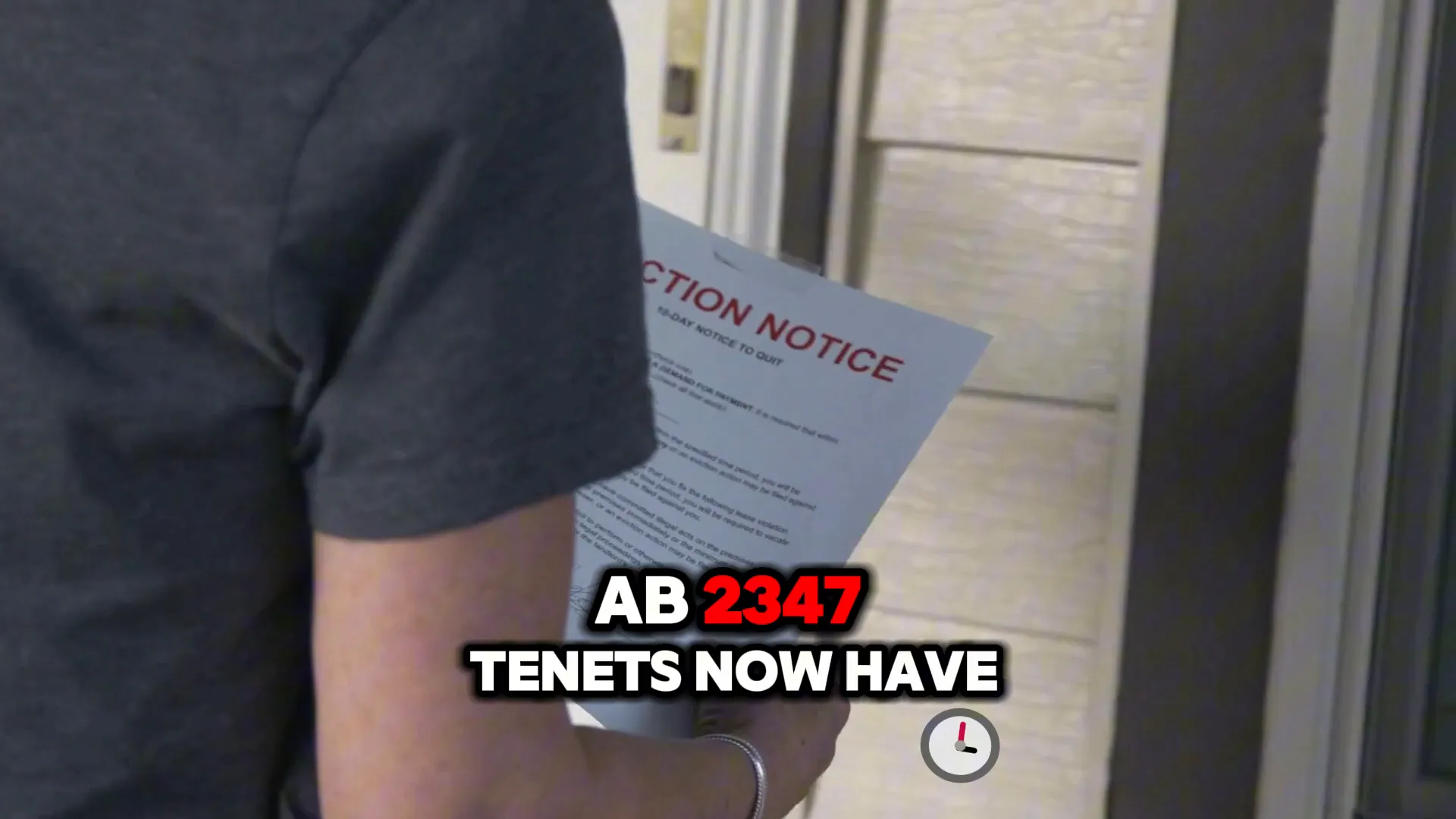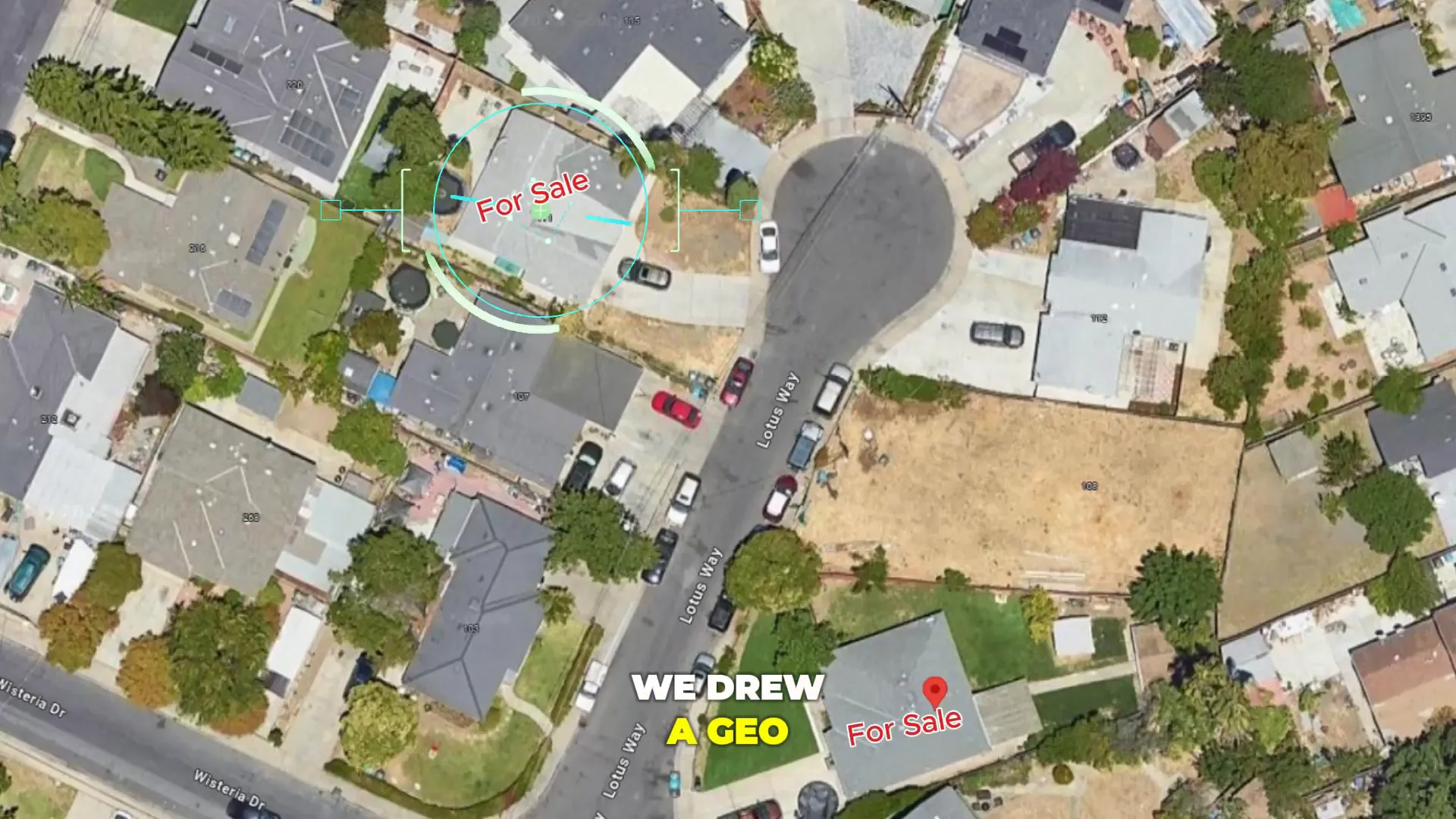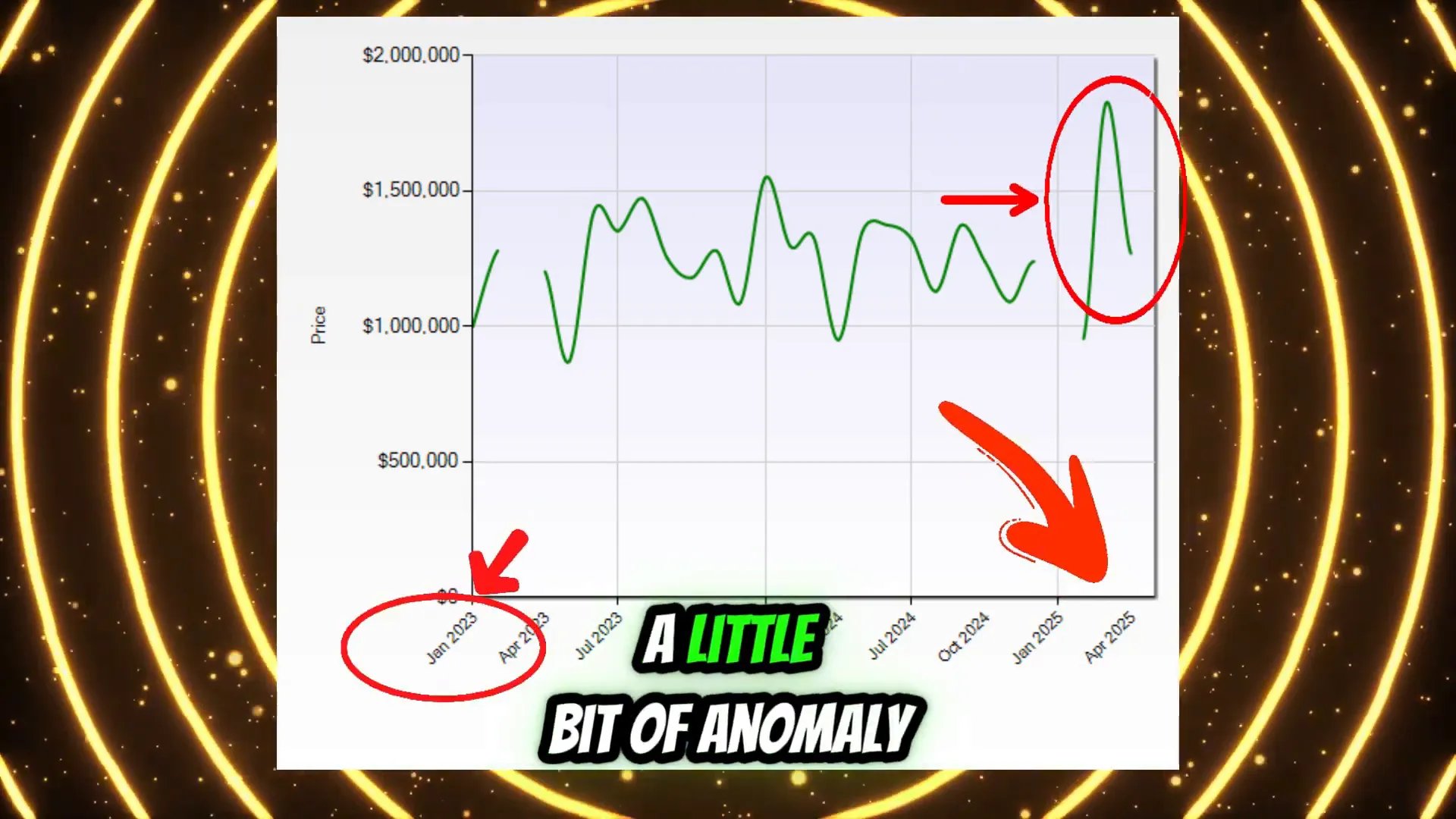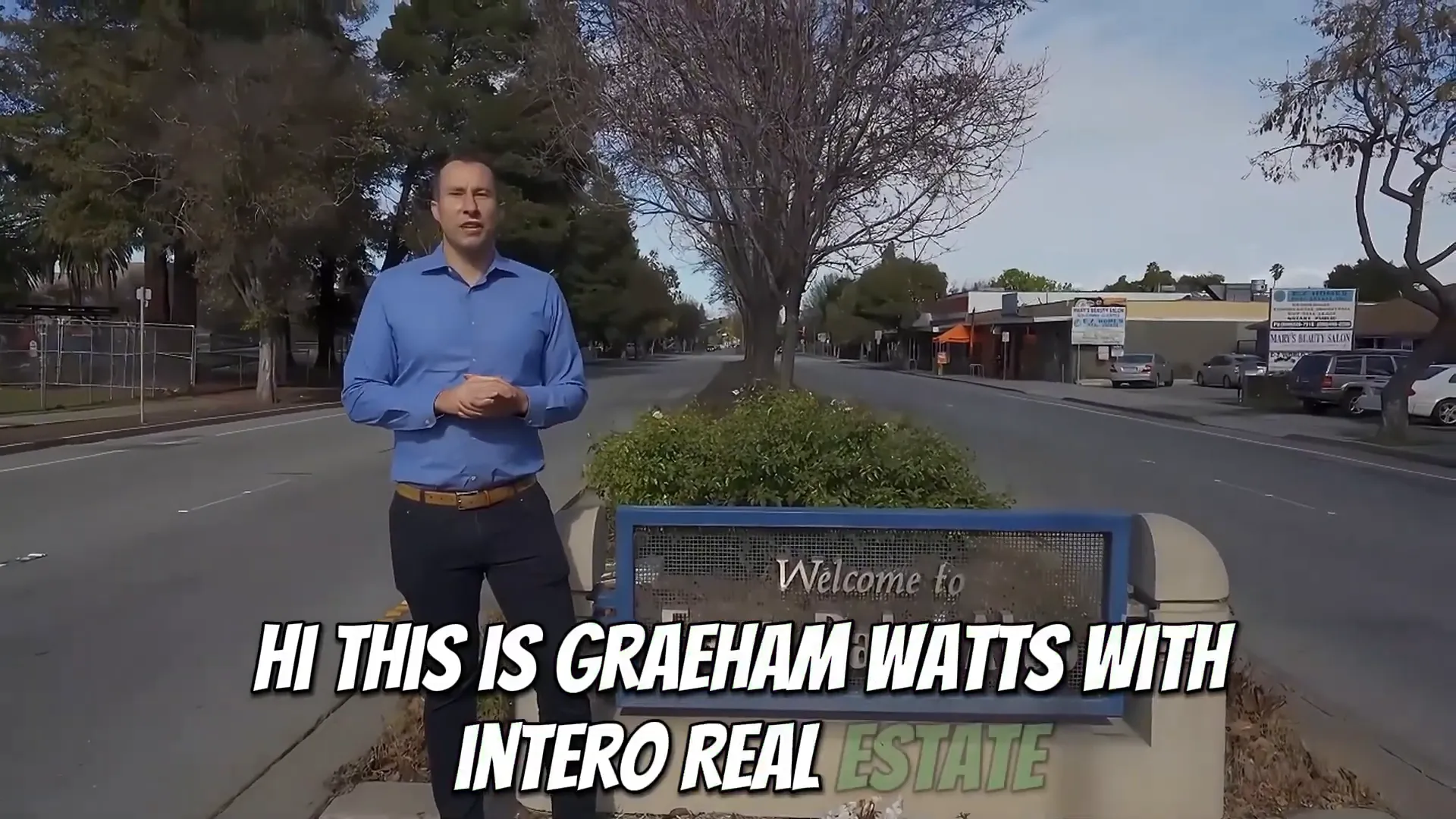Real Estate Predictions 2025: New Rental Laws Every Tenant and Landlord Should Know
Big changes are coming to rental laws in 2025! Whether you're a tenant or a landlord, these new regulations could impact you—and they tie directly into real estate predictions 2025. In this blog, we'll break down the most important updates that everyone needs to be aware of.
🏠 Introduction to New Rental Laws
In 2025, California will see a significant overhaul in rental laws that both tenants and landlords must navigate. With nearly 60 new laws being introduced, the landscape of rental agreements, tenant rights, and landlord responsibilities is set for a dramatic shift. Understanding these changes is essential for anyone involved in the rental market.
These laws aim to create a more balanced environment for both parties. They address long-standing issues, providing protections for tenants while also establishing clear guidelines for landlords. Let’s dive into the details!
📜 Overview of 60 New Laws
The sheer number of new laws can be overwhelming, but each one is designed to address specific issues that have plagued the rental market. These laws will touch on various aspects, from eviction processes to security deposits and beyond.
- Eviction Procedures: Streamlined processes that aim to protect tenants.
- Security Deposits: New rules on how deposits can be handled.
- Junk Fees: Regulations to eliminate unexpected charges.
By understanding these laws, both tenants and landlords can better prepare for the changes ahead, ensuring compliance and smooth transactions.
💳 Credit Reporting for Renters
One of the most exciting changes is the introduction of credit reporting for rent payments. Starting in April, the law allows tenants to opt-in to have their rent payments reported to credit agencies through AB 2724.
This is a game changer for renters looking to build their credit scores. By making timely rent payments, tenants can enhance their credit profiles, which can lead to better loan terms in the future. However, it’s important to note that landlords with more than 15 units are obligated to report these payments, but they can pass the associated costs onto tenants.

⏳ Changes in Eviction Timelines
Evictions are often a contentious issue, and the new laws reflect an effort to provide a fairer process. With AB 2347, tenants now have a longer timeframe to respond to eviction notices—10 days instead of the previous 5 days.
However, there’s a catch: tenant lawyers must file specific motions the day before court appearances. This requirement aims to minimize unnecessary court delays while protecting both parties' interests.

🔒 Security Deposit Regulations
Security deposits are often a source of frustration for renters. Under AB 2801, landlords are restricted from withholding security deposits for standard wear and tear or professional cleaning unless significant damage is evident.
This law emphasizes the importance of documentation. Landlords must take photos and keep detailed receipts to justify any deductions from the security deposit. This shift is designed to create transparency and reduce disputes over deposits.

💸 Understanding Junk Fees
Junk fees have long been a thorn in the side of renters. With SB 611, landlords must clearly disclose all upfront fees, including pet fees and guest fees. This transparency is crucial for tenants to understand their financial obligations from the start.
Additionally, AB 2493 ensures that application fees for rental applications are only charged to serious candidates and must be refunded if the applicant is not accepted. This law also mandates that landlords must accept the first qualified applicant to prevent potential bias in the selection process.

💼 Application Fees and Their New Rules
The new rental laws are also addressing application fees, which have often been a source of confusion and frustration. With AB 2493, landlords must ensure that application fees are only charged to serious candidates. This is a significant shift aimed at preventing unnecessary costs for applicants.
Moreover, if an applicant is not accepted, the application fee must be refunded. This change not only protects tenants but also ensures a fairer selection process for everyone involved.

📈 Balancing the Housing Market
One of the primary goals of these new laws is to balance the housing market in California. With almost 60 laws coming into effect, the intention is to create a more equitable environment for both tenants and landlords.
By implementing strict guidelines around eviction processes, security deposits, and application fees, the state is taking steps to address long-standing issues in the rental market. This balance is crucial for fostering a sustainable housing environment.

🗣️ Community Engagement: Your Thoughts?
As these changes take effect, community engagement becomes essential. We want to hear from you! What are your thoughts on these new laws? Do you believe they will simplify the rental process for tenants and landlords alike?
Engaging with your community can help shape the future of rental practices. Share your experiences, concerns, and suggestions in the comments below. Your voice matters in this evolving landscape.

📌 Conclusion and Call to Action
In conclusion, the new rental laws coming into effect in 2025 are poised to reshape the rental landscape in California. Whether you’re a tenant looking to secure your rights or a landlord aiming to stay compliant, understanding these changes is crucial.
Stay informed about the upcoming regulations, and make sure to engage with your community. Share this blog with fellow tenants and landlords to ensure everyone is aware of the Real Estate Predictions 2025. Together, we can navigate these changes effectively!
❓ FAQ: Common Questions About New Rental Laws
- What are the main changes in eviction processes? Tenants now have 10 days to respond to eviction notices, and specific motions must be filed before court appearances.
- How do the new security deposit regulations work? Landlords cannot withhold deposits for wear and tear, and clear documentation is required.
- What should I know about application fees? Application fees must only be charged to serious candidates and are refundable if not accepted.
These FAQs are just the beginning. If you have more questions, don’t hesitate to reach out and get the clarity you need regarding these new laws!
Categories
- All Blogs (314)
- Client Testimonials (19)
- East Palo Alto (81)
- Graeham Watts Home Tours (23)
- Home Buyer's Process (34)
- Home Tours (28)
- Houses for sale in East Palo Alto (13)
- Investing (18)
- Landlord and Tenant Info (9)
- Menlo Park (49)
- Personal (5)
- Real Estate Questions Answered (91)
- Real Estate Tips (86)
- Redwood City (85)
- San Mateo County (10)
- Seller's Process (22)
Recent Posts










GET MORE INFORMATION

